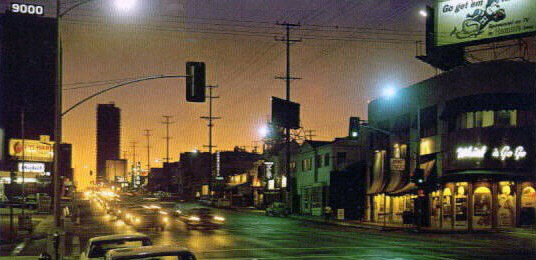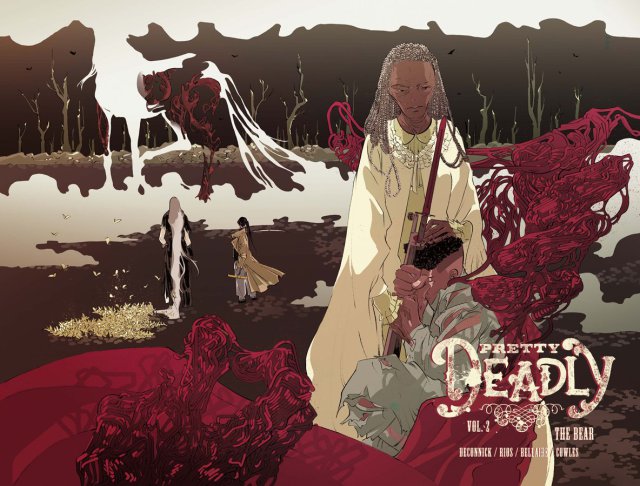Whilst many of the band during the mid 1960s were writing about peace and togetherness ‘Arthur Lee & His Psychedelic Band’ were creating music which fused Baroque Pop with paranoia and psychedelia with fear.
During the recording process of the band’s third album (June-Sept 1967) the lead singer and primary visionary behind the LP, Arthur Lee was almost certain that he “was going to die” and this sense of finiteness is felt throughout the album’s 42 minute run time. Left to right – Johnny Echols, Bryan MacLean, Ken Forssi, Arthur Lee & Michael Stuart
Left to right – Johnny Echols, Bryan MacLean, Ken Forssi, Arthur Lee & Michael Stuart
At first listen the orchestral and warm instrumentation suggests that the release is simply another melodic but slightly forgettable sixties album. But upon further listens darker and paranoid lyrics are revealed which provides Forever Changes with a brooding substance, similarly to that seen in The Zombies 1968 release, Odessey and Oracle.
The album begins with its only single “Alone Again Or” which serves as a solid baseline for what the rest of the LP will be like; warm instrumentation paired with existential alienated lyrics.
The following songs: “A House Is Not a Motel”, “Andmoreagain” and “The Daily Planet” detail the Vietnam War, materialism and the dark undertones of Hollywood, respectively. In fact, through the latter song Lee contrasts the idyllic and glamorous city of Hollywood, in particular, the Sunset Strip (where Love frequently performed at the time) with “the sirens and the accidents” which echoed throughout the turbulent streets during the protests of the controversial War in Vietnam. ‘The Sunset Strip’ where many iconic bands from the 60s performed
‘The Sunset Strip’ where many iconic bands from the 60s performed
“The Red Telephone” marks the midpoint of the album and continues the use lush acoustic guitars and beautifully paranoid and surrealist lyricism. The song details the soullessness of Hollywood and the eeriness of life.
Side B of the LP is admittedly weaker than the previous side but still many things which made Side A great continue into the latter part of the album. The song “Maybe the People Would Be the Times or Between Clark and Hilldale” continues the Spanish-influenced instrumentation seen primarily in the opening track. And “Live And Let Live” also features surreal lyricism on par with “The Red Telephone”.
The masterpiece ends with the life-affirming “You Set The Scene” which wonderfully ties together Love’s third album. The repeated phrase “This is the time and life that I am living. And I’ll face each day with a smile” may appear to end the album on a relatively optimistic note but given Arthur Lee’s situation at the time in the summer of 1967, these lyrics may lack sincerity, but can readily be applied to anyone’s life giving the song and the album itself a universal quality.
Overall, although Love’s Forever Changes may not have been an album which broke boundaries or even succeeded commercially, its core message and themes of our place in the world, and what control, if any, we have over our lives is timeless.






